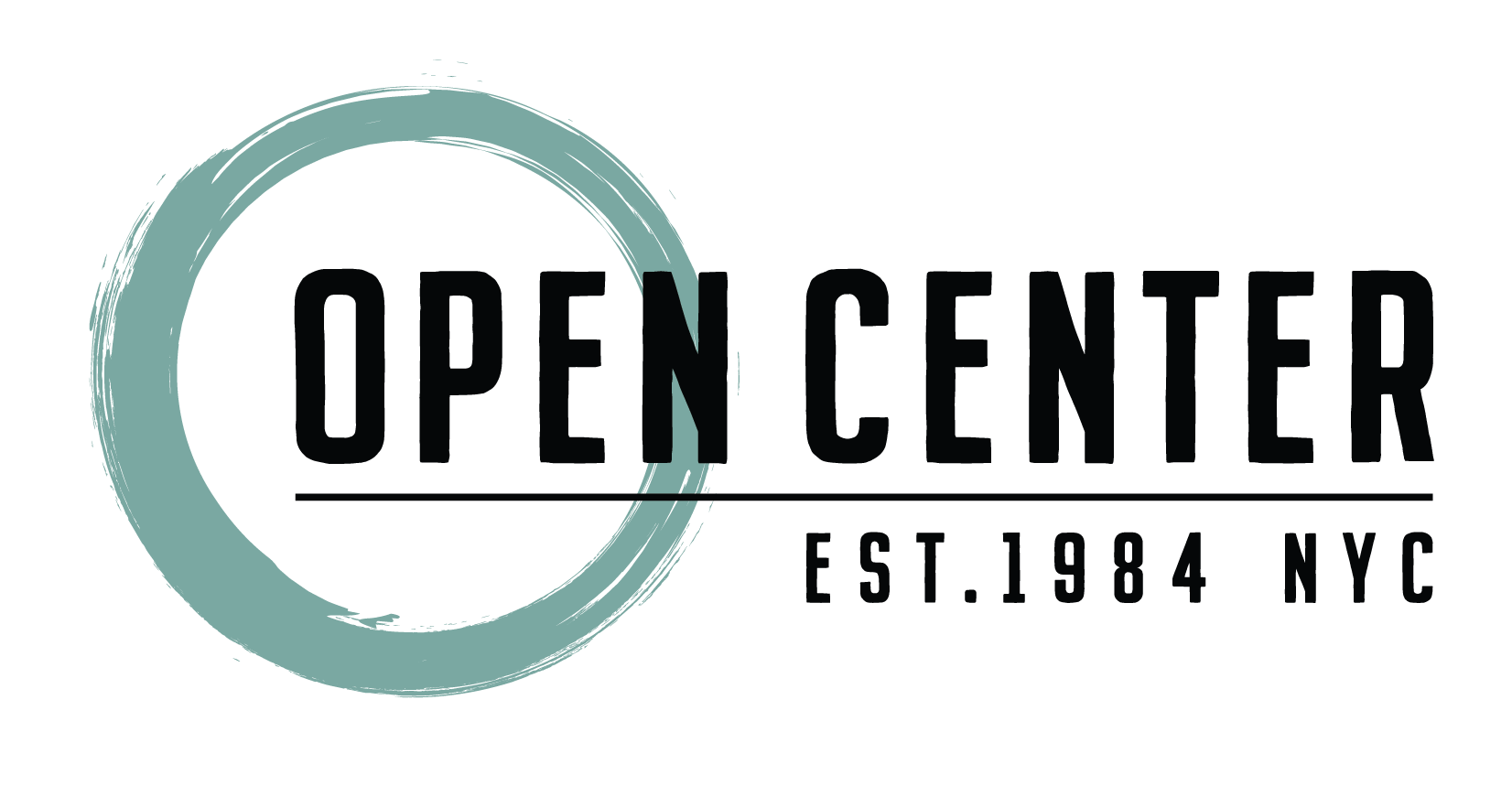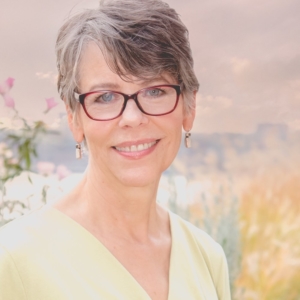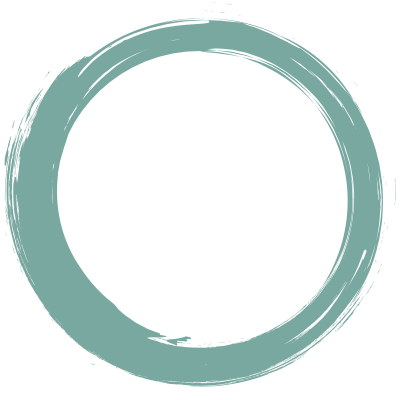Anne Lamott, the American novelist, non-fiction writer and full-of-grace real life philosopher was interviewed during Reimagine End of Life in San Francisco. “Death sucks, AND it’s holy,” she explains as she describes being at the bedside of dying loved ones.
Anne continues, “The more time you spend in the presence of death, the less you will fear it. Your life will be greatly enhanced by spending time with dying people, even though you’ve been taught to avoid it.”
The Open Center’s Art of Dying Institute creates programs where participants can be in relationship with all aspects of the end of life. April 2020 marked the 25th anniversary of the Art of Dying work at The Open Center. We will be celebrating this milestone with the Art of Dying: 25th Anniversary Virtual Event on October 31 & November 1, 2020.
The very first conference took place in mid-town Manhattan in the spring of 1995. And it’s going strong a quarter of a century later. We’ve hosted six conferences since that time, and have given birth to an institute that is the home of the Integrative Thanatology Certificate Program, which was launched in 2015. Remember that Thanatos was the Greek god of death, and Thanatology is the study of death and dying.



